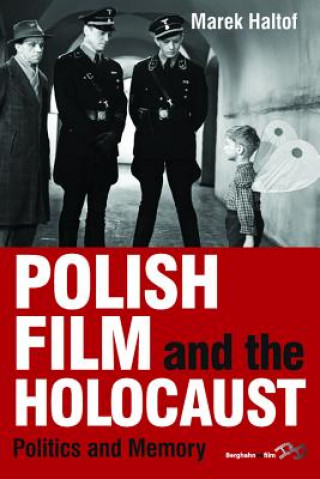
Kód: 04428520
Polish Film and the Holocaust
Autor Marek Haltof
...the author has identified a significant and little examined subject for study, and displays a deep knowledge of it...Where previously the issue of Polish film and the Holocaust had been addressed in single articles or chapters ... celý popis
- Jazyk:
 Angličtina
Angličtina - Väzba: Pevná
- Počet strán: 288
Nakladateľ: Berghahn Books, 2012
- Viac informácií o knihe

155.77 €

Skladom u dodávateľa v malom množstve
Odosielame za 12 - 16 dní
Potrebujete viac kusov?Ak máte záujem o viac kusov, preverte, prosím, najprv dostupnosť titulu na našej zákazníckej podpore.
Pridať medzi želanie
Mohlo by sa vám tiež páčiť
-
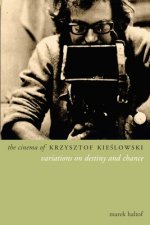
Cinema of Krzysztof Kieslowski
26.38 € -

Stiffness Evaluation of Structural Round Timber Beams via FEM
49.90 € -9 % -

Disasters
38.86 € -

Inspired by the Psalms
14.41 € -
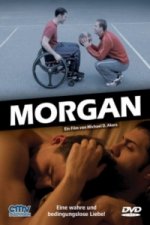
Morgan, 1 DVD (englisches OmU)
23.92 € -

Fake News: Separating Truth from Fiction
46.32 € -
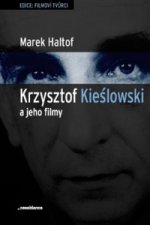
Krzysztof Kieslowski a jeho filmy
10.73 € -11 %
Darujte túto knihu ešte dnes
- Objednajte knihu a vyberte Zaslať ako darček.
- Obratom obdržíte darovací poukaz na knihu, ktorý môžete ihneď odovzdať obdarovanému.
- Knihu zašleme na adresu obdarovaného, o nič sa nestaráte.
Viac informácií o knihe Polish Film and the Holocaust
Nákupom získate 385 bodov
 Anotácia knihy
Anotácia knihy
...the author has identified a significant and little examined subject for study, and displays a deep knowledge of it...Where previously the issue of Polish film and the Holocaust had been addressed in single articles or chapters on the depiction of the Holocaust in particular films, here, for the first time we have a history. Jeremy Hicks, University of London During World War II Poland lost more than six million people, including about three million Polish Jews who perished in the ghettos and extermination camps built by Nazi Germany in occupied Polish territories. This book is the first to address the representation of the Holocaust in Polish film and does so through a detailed treatment of several films, which the author frames in relation to the political, ideological, and cultural contexts of the times in which they were created. Following the chronological development of Polish Holocaust films, the book begins with two early classics: Wanda Jakubowska's The Last Stage (1948) and Aleksander Ford's Border Street (1949), and next explores the Polish School period, represented by Andrzej Wajda's A Generation (1955) and Andrzej Munk's The Passenger (1963). Between 1965 and 1980 there was an "organized silence" regarding sensitive Polish-Jewish relations resulting in only a few relevant films until the return of democracy in 1989 when an increasing number were made, among them Krzysztof Kieslowski's Decalogue 8 (1988), Andrzej Wajda's Korczak (1990), Jan Jakub Kolski's Keep Away from the Window (2000), and Roman Polanski's The Pianist (2002). An important contribution to film studies, this book has wider relevance in addressing the issue of Poland's national memory. Marek Haltof is Professor at Northern Michigan University in Marquette. His recent books include the Historical Dictionary of Polish Cinema (2007), Australian Cinema: The Screen Construction of Australia (in Polish, 2005), The Cinema of Krzysztof Kieslowski: Variations on Destiny and Chance (2004), and Polish National Cinema (2002).
 Parametre knihy
Parametre knihy
Zaradenie knihy Books in English Humanities History History: specific events & topics
155.77 €
- Celý názov: Polish Film and the Holocaust
- Autor: Marek Haltof
- Jazyk:
 Angličtina
Angličtina - Väzba: Pevná
- Počet strán: 288
- EAN: 9780857453563
- ISBN: 0857453564
- ID: 04428520
- Nakladateľ: Berghahn Books
- Hmotnosť: 520 g
- Rozmery: 233 × 188 × 20 mm
- Dátum vydania: 01. January 2012
Obľúbené z iného súdka
-
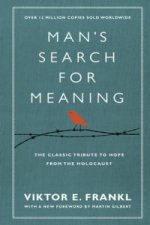
Man's Search For Meaning
15.64 € -27 % -
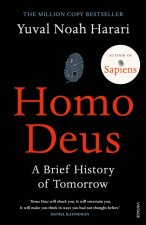
Homo Deus
12.47 € -26 % -
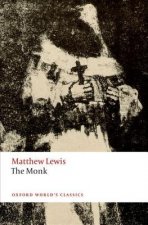
Monk
9.40 € -28 % -
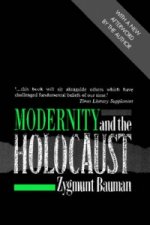
Modernity and the Holocaust
23.72 € -8 % -
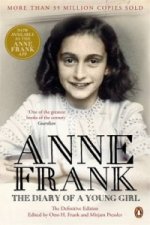
Diary of a Young Girl
10.42 € -28 % -
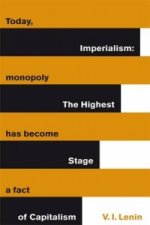
Imperialism: The Highest Stage of Capitalism
7.46 € -13 % -
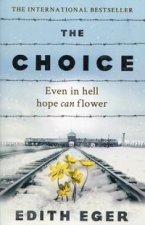
The Choice
11.96 € -29 % -
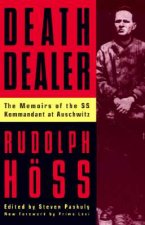
Death Dealer
18.50 € -21 % -
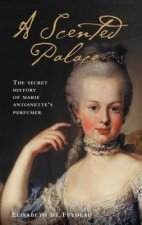
Scented Palace
21.37 € -

Taranto 1940
21.98 € -9 % -
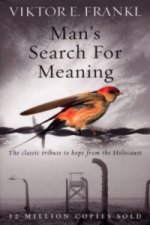
Man's Search for Meaning
7.25 € -5 % -
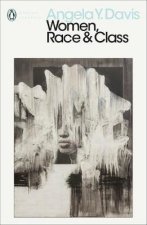
Women, Race & Class
10.01 € -23 % -
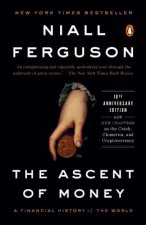
Ascent of Money
17.89 € -16 % -
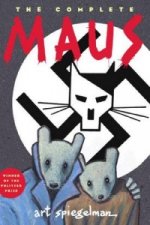
The Complete MAUS
18.71 € -16 % -
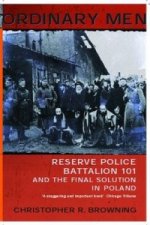
Ordinary Men
10.22 € -29 % -
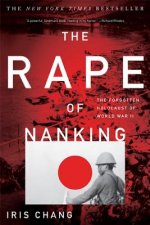
The Rape of Nanking
17.68 € -15 % -
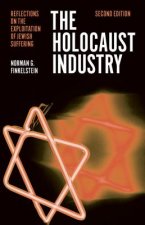
Holocaust Industry
11.65 € -19 % -
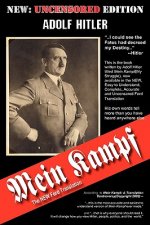
Mein Kampf - The Ford Translation
35.79 € -12 % -
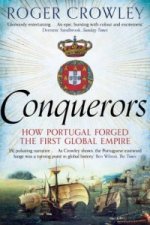
Conquerors
13.39 € -23 % -
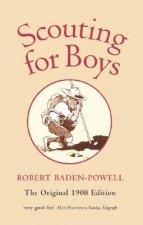
Scouting for Boys
10.42 € -28 % -
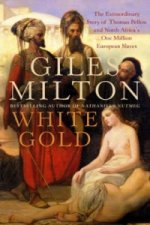
White Gold
13.49 € -28 % -
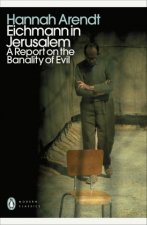
Eichmann in Jerusalem
11.04 € -23 % -
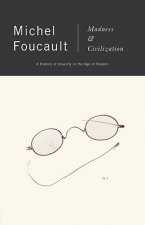
Madness and Civilization
15.03 € -22 % -
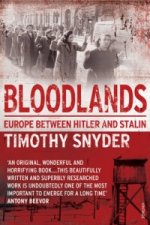
Bloodlands
12.88 € -26 % -
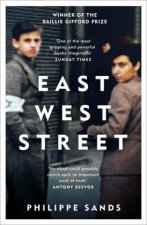
East West Street
10.12 € -25 % -
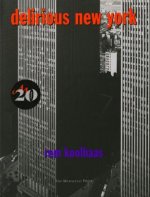
Delirious New York
30.06 € -16 % -
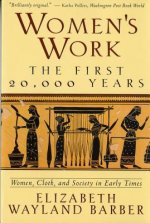
Women's Work
19.53 € -15 % -
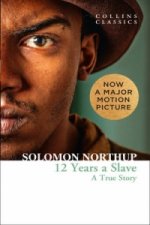
Twelve Years a Slave
3.57 € -24 % -
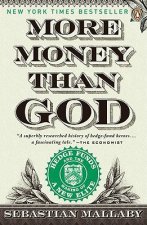
More Money Than God
18.61 € -17 % -
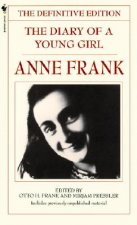
Diary of a Young Girl
9.60 € -
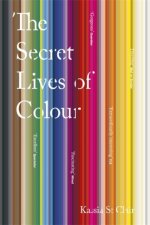
Secret Lives of Colour
14 € -29 % -
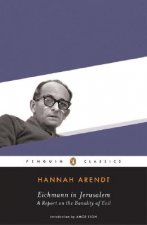
Eichmann in Jerusalem
13.80 € -29 % -
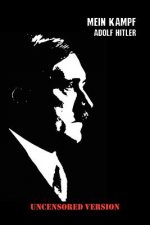
Mein Kampf
27.20 € -12 % -
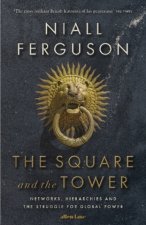
Square and the Tower
14 € -29 % -

Corgi Toys
14.62 € -20 % -
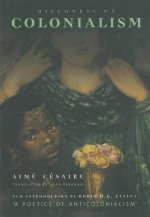
Discourse on Colonialism
11.65 € -19 % -
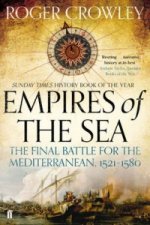
Empires of the Sea
14.41 € -23 % -
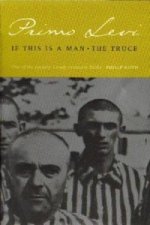
If This Is A Man/The Truce
14.41 € -23 % -
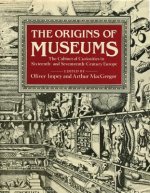
Origins of Museums
53.69 € -24 % -
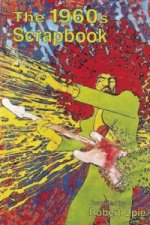
1960s Scrapbook
17.79 € -17 % -
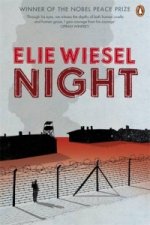
Night
11.14 € -25 % -
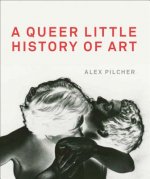
Queer Little History of Art
16.25 € -24 % -

Victorian House
17.48 € -28 % -
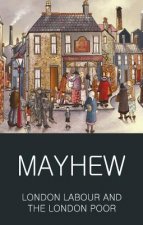
London Labour and the London Poor
5.92 € -21 % -
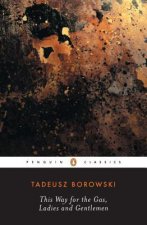
This Way for the Gas, Ladies and Gentlemen
12.06 € -31 % -
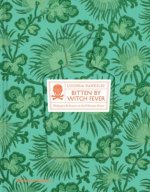
Bitten By Witch Fever
38.55 € -9 % -
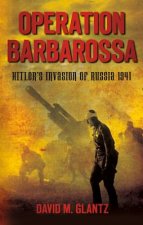
Operation Barbarossa
11.65 € -19 % -
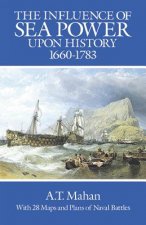
Influence of Sea Power Upon History, 1660-1783
23.82 € -23 % -

Story of Esci
27.20 €
Collection points Bratislava a 2642 dalších
Copyright ©2008-24 najlacnejsie-knihy.sk All rights reservedPrivacyCookies


 15549 collection points
15549 collection points Delivery 2.99 €
Delivery 2.99 € 02/210 210 99 (8-15.30h)
02/210 210 99 (8-15.30h)